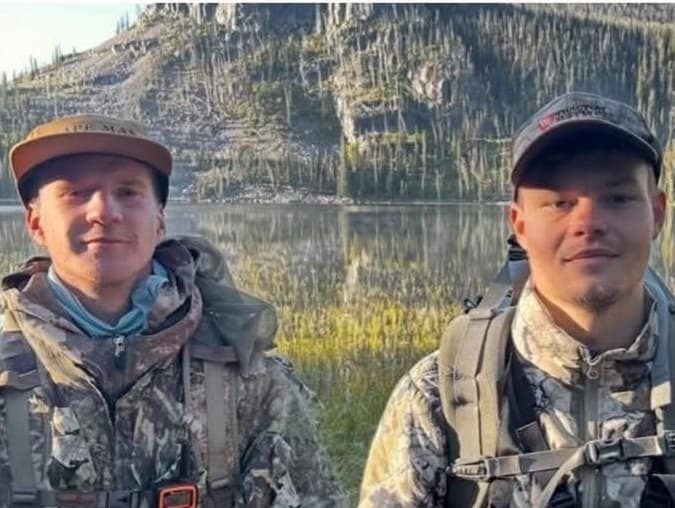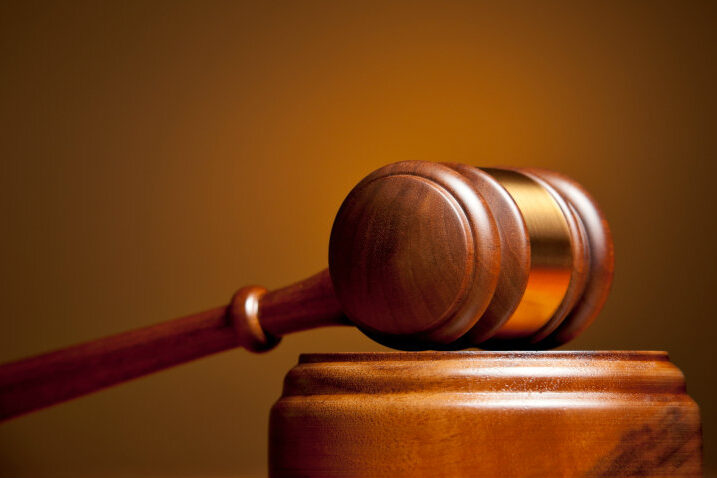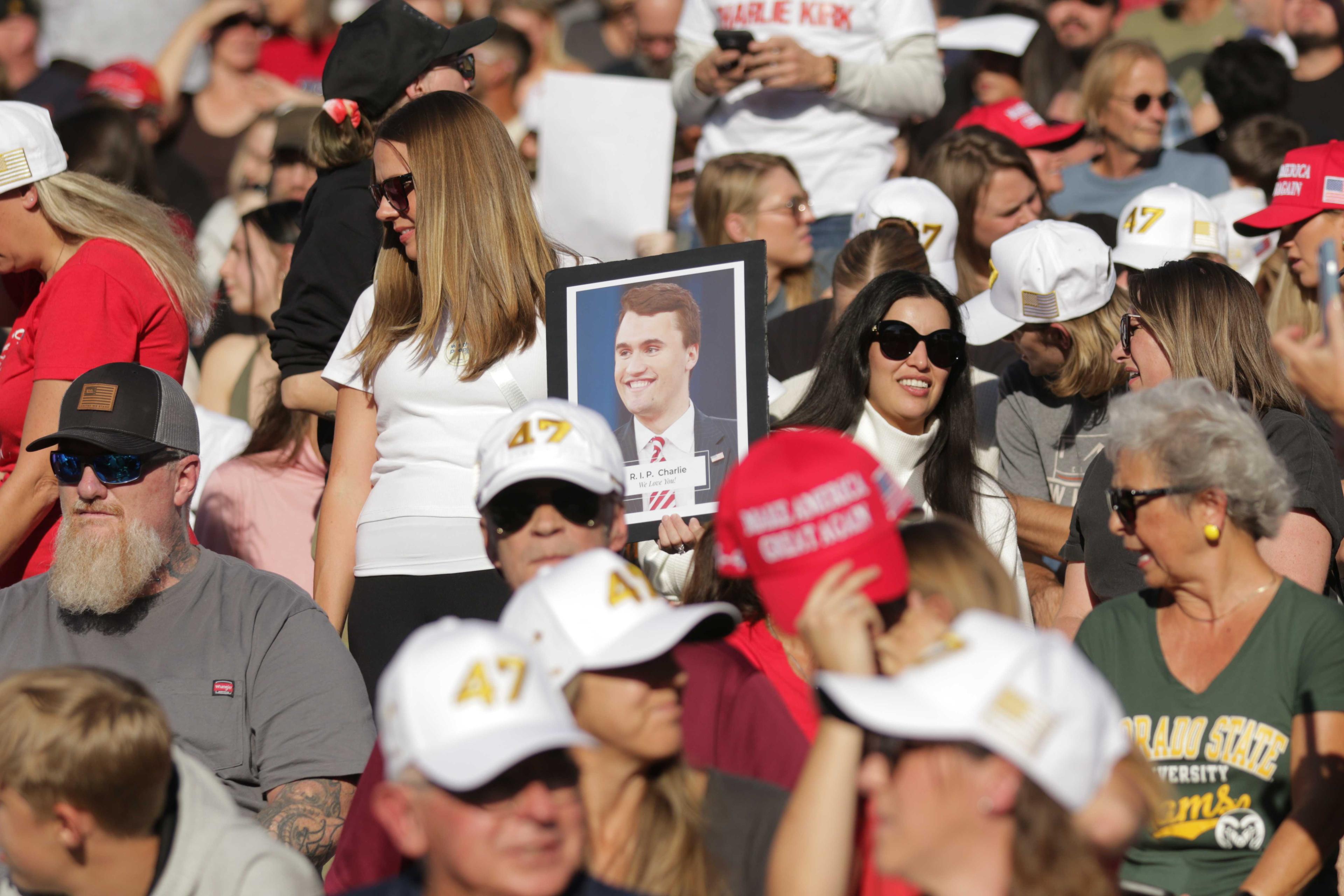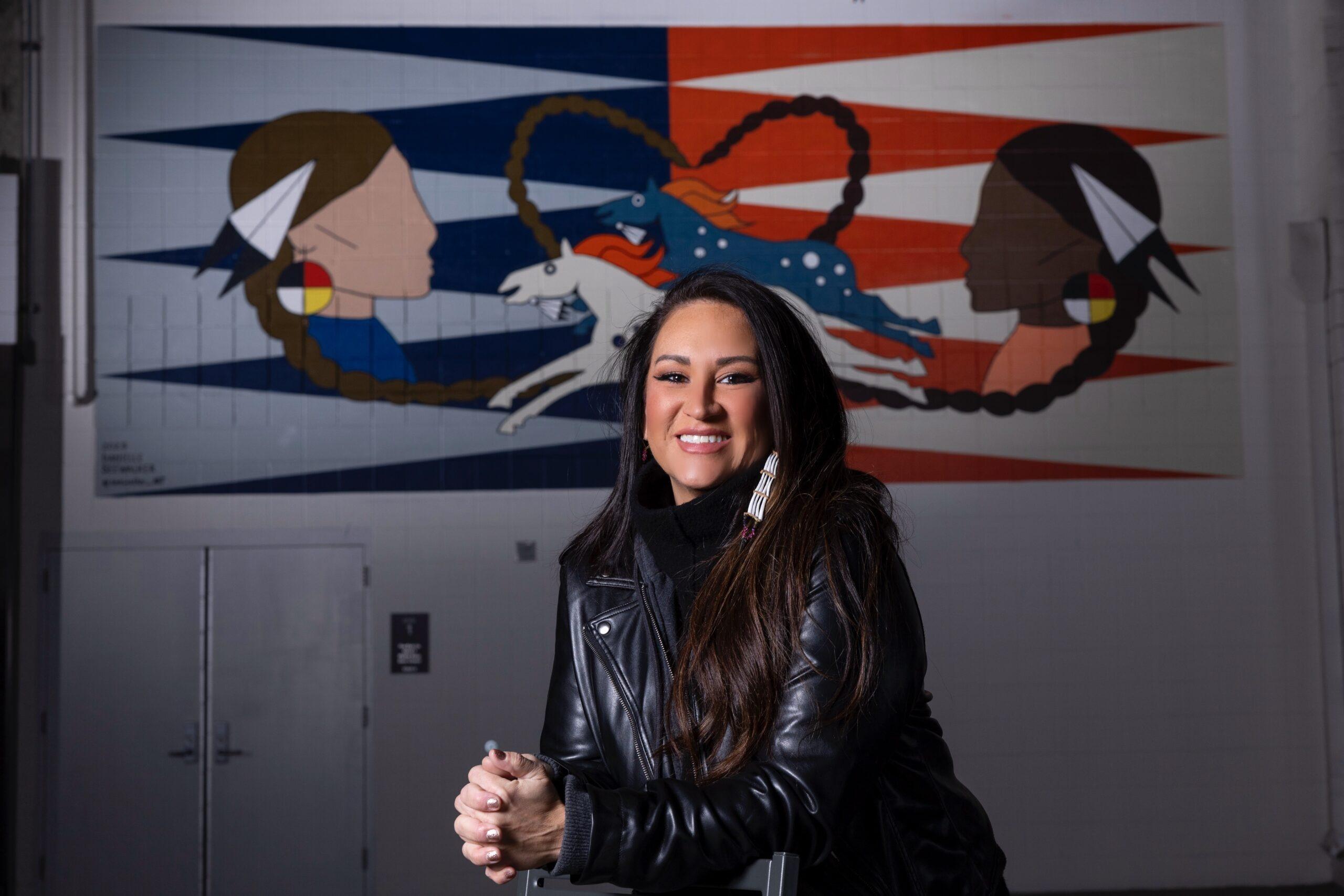
Vail has settled a federal civil rights lawsuit with Native American artist Danielle Seewalker after she sued the town for violating her free speech rights when it revoked her summer residency last year over a painting she shared on social media.
The lawsuit was first brought against Vail by the ACLU of Colorado last October, following the cancellation of SeeWalker’s 2024 Artist in Residence with the town of Vail.
The Húŋkpapȟa Lakȟóta multidisciplinary artist and muralist had the opportunity revoked after she shared a painting titled “G is for Genocide.” The painting draws parallels between what is happening to Palestinians in Gaza and the genocide of Indigenous people in the United States.
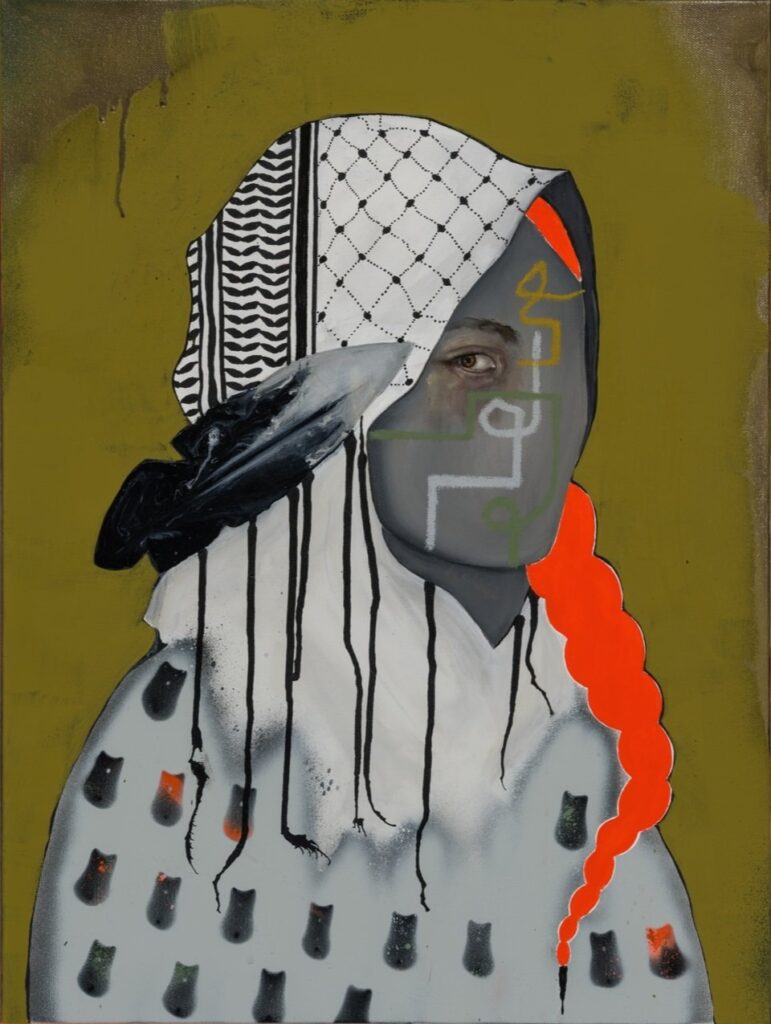
The ACLU of Colorado sued Vail on behalf of SeeWalker, alleging her free speech rights were violated under the state and federal constitutions when Vail abruptly canceled her residency.
“This settlement shows that the government cannot get away with violating the First Amendment by retaliating because of speech it does not like,” said Tim Macdonald, ACLU of Colorado legal director, in a statement released Thursday. “Vail cancelled Ms. SeeWalker’s artist-in-residency because of the viewpoint of her speech. This action follows a long pattern of suppressing and censoring the voices of Native American people, but Ms. SeeWalker bravely said ‘Not this time;’ and this settlement shows that individuals pushing back can make a difference.”
What the town of Vail agreed to in the SeeWalker settlement
- Funding a new art program for underrepresented and economically disadvantaged people, including people of Native American ancestry.
- Hosting an annual powwow to be organized by SeeWalker for the next five years, free of rental fees and maintenance charges.
- Sponsoring and paying for a non-public community forum on Israel and Palestine that includes members of Vail’s Jewish community, Palestinian community, Muslim community, and other faith and community leaders.
- Providing annual cultural sensitivity training to employees in the Arts and Public Places Department for the next five years by an indigenous-led organization.
Through SeeWalker’s eyes
In a statement, SeeWalker said the town of Vail has not formally or publicly apologized to her. But she’s grateful for the important policy changes included in the settlement. She takes them as an indication that “the town of Vail knew they were in the wrong.”
But in an interview with CPR News, SeeWalker said the whole ordeal caused subsequent harm, including “a lot of really harmful messages and emails” and “being unfairly characterized as antisemitic,” which she said, “could not be further from the truth.”
Now, she’s grateful to see the town of Vail take steps toward reconciliation. But, perhaps more so, she’s grateful to put the whole thing behind her.
“I am hopeful that through this experience, positive change for future underrepresented creatives, such as Native American artists, will have a better experience with the town of Vail in the future,” she said. “That is what the heart of the settlement was all about for me.”
She said she turned the unfortunate situation into an opportunity to create change.
“I really thought long and hard about what I wanted out of this situation,” SeeWalker told CPR News. That vision is what led to the various elements in the settlement, including education, conversation, and community events.
When it comes to things that she wishes were in the settlement, she said, “Land back. I wish they would give land back to the Natives.” But, she added, “You know, you gotta be realistic.”
She told CPR News the final agreement “was pretty fair and equitable — and would allow native and underrepresented community members and artists and creatives to also be able to have an advantage.”
She also praised the quality of her legal team at the ACLU.
“I was put in the hands of the best legal team on the planet,” she said. “You couldn’t have anybody better representing you in terms of what the case stood for.”
She said the ACLU’s diligence allowed her to stay focused on her art, and that “It really was just onward and upward since the situation went down.”
CPR producer Stephanie Wolf contributed to this report.

